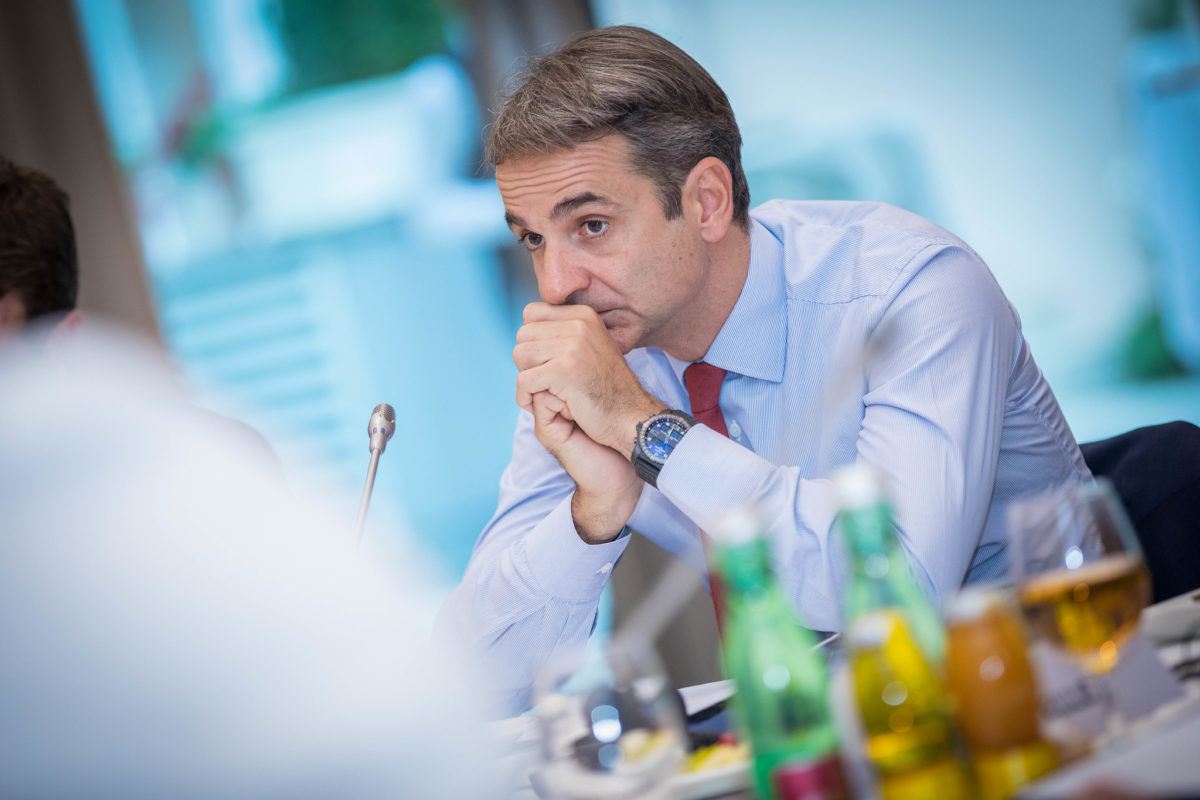Greek prime minister Kyriakos Mitsotakis has outlined a national recovery plan which aims to shift “the country’s economic and institutional paradigm”–by modernizing both.
The Greek Covid recovery strategy, which follows the principles of the EU recovery fund agreed in July, builds on reforms put forward by the Mitsotakis administration since its election in July 2019. Policies introduced since have included a 2030 energy and climate plan; phasing out coal by 2028 at the latest; and a new, digital renewables licensing regime.
The Greek recovery plan
The four pillars of the recovery plan outlined by Mitsotakis yesterday, and which will be submitted to the European Commission for approval this month, include the green energy transition and digitization of the economy, alongside social sector policy, for employment schemes and education, and private sector reforms of taxes, export programs, R&D and the like.
The green energy transition bid aims to invest €6 billion of EU grants towards clean energy, with that sum intended to be topped up by €4.4 billion of private investment.
With the EU ‘recovery and resilience facility' also offering loans, total liquidity for green power projects is expected to extend to some extra billions.
With all four pillars of the five-year Greek recovery plan set to secure €12.73 billion of EU lending on top of €18.2 billion in grants–and expected to attract €26.5 billion of private-sector cash–the €54.5 billion being eyed by Athens would boost Greek GDP 7% by 2026.
The European loan funding available will be offered only to private investors and can supply no more than half of project costs, Athens said yesterday. It will be channeled through domestic and international banks and financial institutions.
Areas of investment
The Greek recovery program will include plans for up to 1.38 GW of pumped hydro and battery storage, with a spokesperson for the Ministry of the Environment and Energy telling pv magazine a team has been established to draft an energy storage regulation framework this year.
PV arrays will be included among plans for around €1 billion to be invested upgrading national building stock, through measures such as energy efficiency improvements and smart energy systems.
Smart energy–and electric vehicles (EVs)–will also be financed by €450 million earmarked for upgrading commercial infrastructure, and the recovery strategy also features plans to expand the national EV charging network and to establish an electric public transport fleet.
The partly operational electricity interconnector between the mainland and Cyclades islands will be expanded and the government also plans to devote cash to setting the national fund for the development of renewables on a firm footing, after previous financial travails.
This content is protected by copyright and may not be reused. If you want to cooperate with us and would like to reuse some of our content, please contact: editors@pv-magazine.com.



4 comments
By submitting this form you agree to pv magazine using your data for the purposes of publishing your comment.
Your personal data will only be disclosed or otherwise transmitted to third parties for the purposes of spam filtering or if this is necessary for technical maintenance of the website. Any other transfer to third parties will not take place unless this is justified on the basis of applicable data protection regulations or if pv magazine is legally obliged to do so.
You may revoke this consent at any time with effect for the future, in which case your personal data will be deleted immediately. Otherwise, your data will be deleted if pv magazine has processed your request or the purpose of data storage is fulfilled.
Further information on data privacy can be found in our Data Protection Policy.